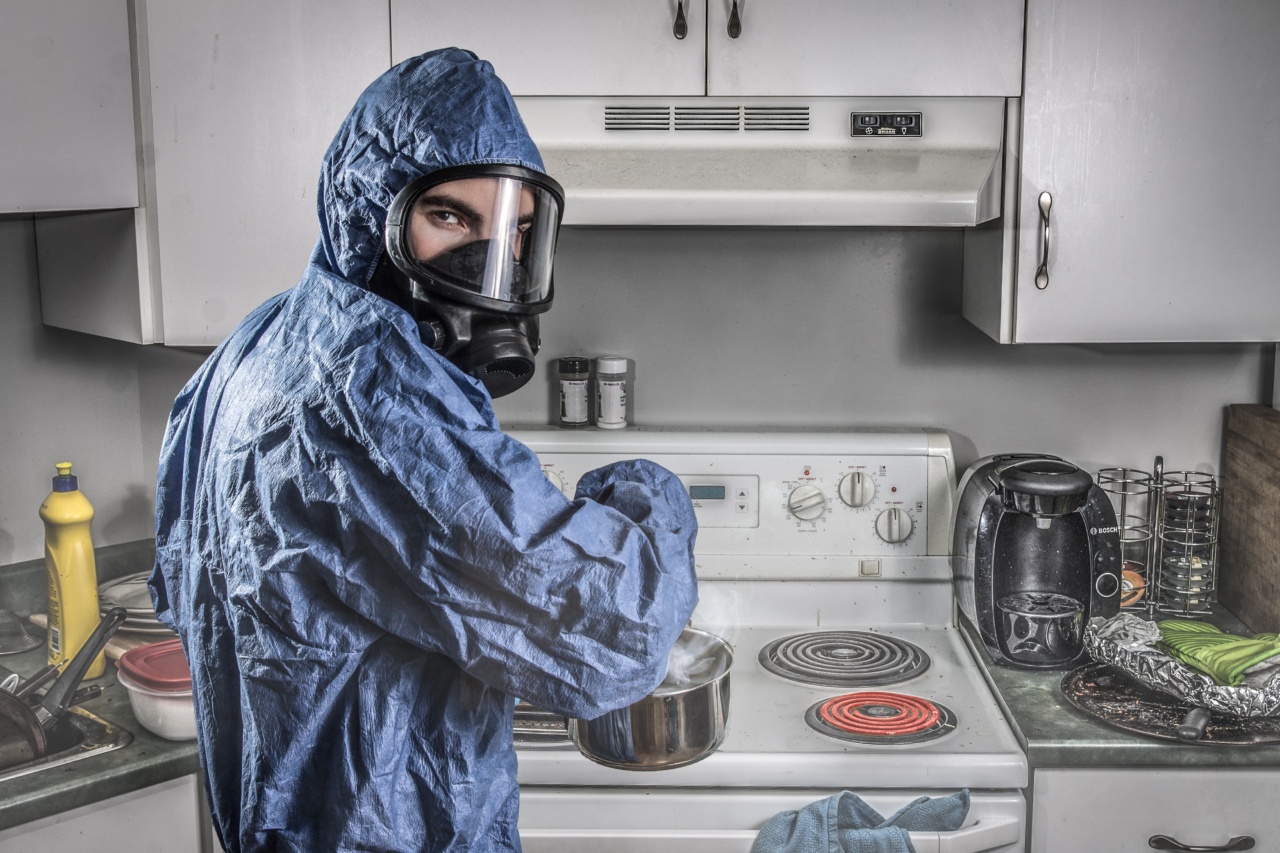For women, the Pap test is an important part of their preventive healthcare routine. It helps to detect any abnormalities in the cervix, which could be indicative of cervical cancer.
In order for the results to be accurate, however, it is important to prepare properly for the test. One key aspect of this preparation involves avoiding sexual activity for a certain period of time before the test.
Here, we will explore the reasons why it is important to abstain from sexual activity prior to a Pap test, and what the potential risks are if you fail to do so.
What is a Pap Test?
A Pap test, also known as a Pap smear, is a screening test for cervical cancer. During this test, a healthcare provider collects a sample of cells from the cervix using a small brush or spatula.
These cells are then examined under a microscope to detect any abnormalities that could indicate the presence of cervical cancer or pre-cancerous cells.
According to the American Cancer Society, women should begin getting Pap tests at age 21, and should continue to do so every three years until age 65.
Women who have had a hysterectomy (removal of the uterus and cervix) may not need to continue getting Pap tests, depending on the reason for the surgery.
Why is It Important to Avoid Sex Before a Pap Test?
Sexual activity can cause changes in the cervix that can make it difficult for healthcare providers to obtain accurate results from a Pap test. Specifically, sexual activity can cause inflammation, which can make the cells on the cervix appear abnormal.
This can lead to incorrect results, including false positives or false negatives.
To help ensure that your Pap test results are accurate, it is recommended that you avoid sexual activity for at least 24 hours prior to the test.
Barring any extenuating circumstances, this should give your cervix enough time to return to its normal state.
What are the Risks of Having Sex Before a Pap Test?
If you fail to abstain from sexual activity before a Pap test, there is a risk that the results may be inaccurate.
False negatives, which occur when a Pap test fails to detect cancer or pre-cancerous cells that are actually present, can lead to delayed diagnosis and treatment. False positives, on the other hand, can lead to unnecessary follow-up tests and procedures that can cause anxiety and discomfort.
Furthermore, false positives can be costly in terms of both time and money. Depending on your insurance coverage, you may be responsible for all or part of the cost of follow-up tests and procedures.
This can be particularly burdensome for women who do not have adequate health insurance or who cannot afford to pay out of pocket.
When is it Safe to Have Sex After a Pap Test?
The amount of time you need to wait before having sex after a Pap test depends on a variety of factors, including the reason for the test, the results of the test, and your healthcare provider’s recommendations.
In general, however, most healthcare providers recommend waiting at least 24 hours before engaging in sexual activity.
If you have received abnormal results from a Pap test, your healthcare provider may recommend additional tests or procedures, such as a colposcopy or biopsy.
These tests can be invasive and uncomfortable, and may require you to abstain from sexual activity for a longer period of time than usual.
Conclusion
The Pap test is an important tool for detecting cervical cancer and pre-cancerous cells, and should be a part of every woman’s healthcare routine.
Proper preparation for the test, including abstaining from sexual activity for at least 24 hours prior to the test, can help to ensure that the results are accurate. Failure to do so can result in inaccurate results, which can lead to delayed diagnosis and treatment, unnecessary follow-up tests and procedures, and increased healthcare costs.






























